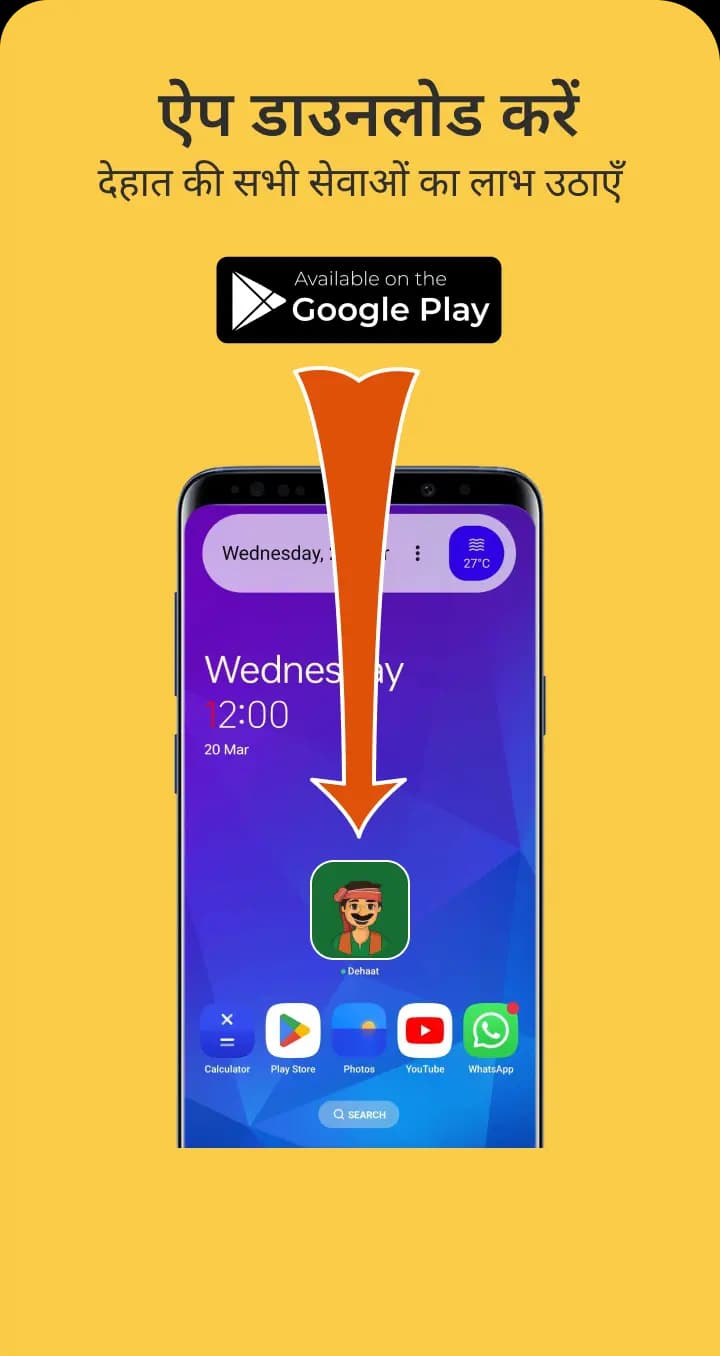How to cultivate dragon fruit?

Dragon fruit is also known as pitaya fruit. It is a plant of the cactus species. Being a cactus species, the plants need less water. Talking about its use, dragon fruit is eaten like a fresh fruit. Along with this, jams, jellies, juices, ice creams, wine and many cosmetics are also prepared from it. Talking about its cultivation, it is mainly cultivated in countries like Thailand, Vietnam, Israel and Sri Lanka. In recent years, its cultivation is increasing in India also. Let us get detailed information on some important information related to its cultivation.
Suitable soil and climate for dragon fruit cultivation
-
Sandy loam soil is best for its cultivation.
-
It can be cultivated successfully even in less fertile land or areas where there is a scarcity of water.
-
The pH level of the soil should be 5.4 to 7.
-
20 to 30 degree temperature is suitable for its cultivation.
-
It is tolerant to changes in weather i.e. fluctuations in temperature.
right time to plant
-
Plants grow well during the rainy season. Therefore, the months of June and July are the best for planting plants.
-
If there is proper arrangement of irrigation, then plants can be planted in the month of February-March also.
-
About 1,780 saplings can be planted per acre of field.
farm preparation method
-
Deep plowing the field once.
-
After this, do light plowing 2 to 3 times.
-
To make the soil of the field friable and level, use a pat.
-
After this prepare pits of 4 feet diameter and 1.5 feet depth.
-
Keep a distance of 3 meters between all the pits.
irrigation information
-
Irrigation is not required during the rainy season.
-
Irrigate at 15 days interval in cold season.
-
Irrigate at an interval of 7 to 8 days during summer season.
We hope this information will prove to be important for you. If you liked the information given in this post, then like our post and also share it with other farmer friends. So that more and more farmer friends can also take advantage of this information. Stay connected with the countryside for more information related to agriculture.
Please login to continue

Get free advice from a crop doctor
